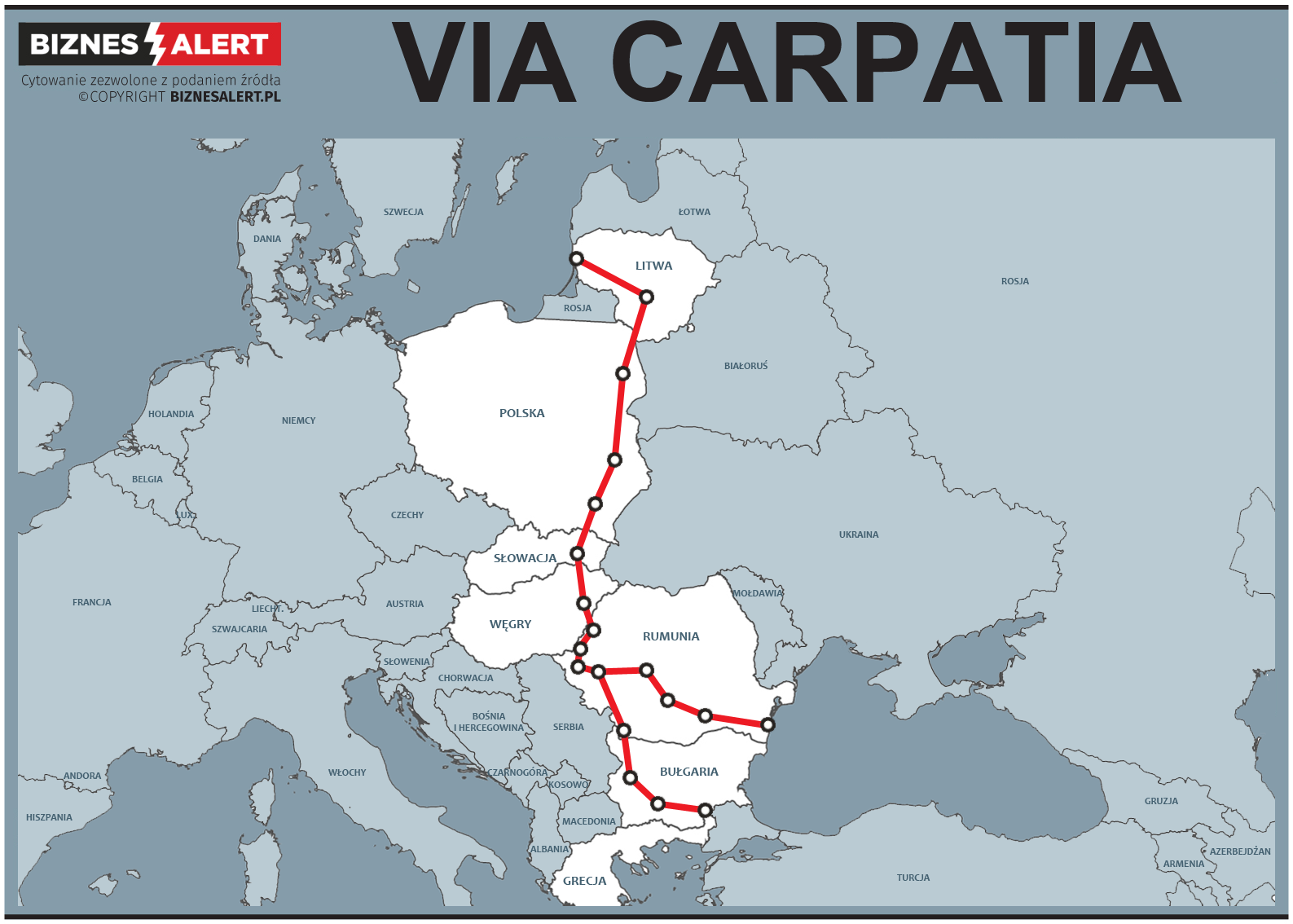– If we do not create a right infrastructure in the region that will handle rising trade exchange and if we do not work together on business plan how to attract additional flows of cargo, we will all lose – said the Lithuanian vice-minister of transport Ričardas Degutis in an interview with BiznesAlert.pl. 16+1 meeting was an opportunity to talk about current cooperation in infrastructure.
BiznesAlert.pl: What is the future of railway connection between Renge and Mažeikiai?
Degutis: The European Commission has made a decision on the case. Now we are carrying our analyses and then we will work out an appropriate conclusion for the government to make a decision. At this stage it is still to early to comnent on it.
The issue of reconstruction of Renge railway section will be considered not only from legal, economic and infrastructural point of view. It has political aspects as well. It is closely connected to the atmosphere of our relations with neighbours. We inherited this problem from the previous administration of Lithuanian Railways. Therefore we will take also political reasons to be considered why the railway to Renge should be reconstructed.
What is the Lithuanian approach to such infrastructure projects like Via Carpatia and Rail Baltica?
When it comes to Via Carpatia, we very much support Polish initiative. Parts of Lithuanian road infrastructure fit in this idea. We already agreed with our colleagues in Warsaw that we will now invest in connection between Warsaw and Kaunas, so that in 2022-2023 a European quality motorway is finished. From Kaunas to Vilnius and to Klaipėda motorway already exists. The project is crucial for our hauliers as they use Via Carpatia route to transport its goods through Poland further south.
Rail Baltica project is on its way to implementation. Lithuania is the only Baltic state that already has the European gauge. Thanks to it you can already use passenger train to travel from Kaunas to Białystok. We are currently building connections around Kaunas, what will give additional capacity for reloading of cargo from 1520 mm to 1435 mm gauge. However, we do not perceive this additional capacity as an alternative for existing routes, like the one through Brest to Poland, rather it is an additional offer to the market – the main route may turn out not to be enough because of growing ammount of trains.
Trade exchange between Europe and China will rise in successive years and it will be handled including railway transport. This will create a market that will have to be ensured with a right infrastructure so this exchange can pass through our region. If we will managed to attract these additional flows, then we will all benefit from it. It is a field for cooperation in our region. If we fail, we will lose a good chance for development.
What are your conclusions after the 16+1 summit in Warsaw?
First of all, in today’s transport in order to provide the market with solutions, we have to work together as a region. Also, both Lithuania and Poland are aware that land transport of goods from China to Europe will increase. We should be always ready to submit new solutions to our partners.
Cooperation of our ports is the next issue. We learn a lot from Polish experience, especially from the development of Gdańsk port. Economic scores of Klaipeda port are impressive – its economic growth reaches average 6 per cent a year during the last 15 years. It gives us serious reason to expand the port. We have ambitious plans of building offshore, deep water port in Klaipėda. We will be looking for strategic partners to develop it together.
Chinese business is investing in Great Stone industrial park around Minsk in Belarus. We can offer all the logistics chain from it to Klaipeda port, including different services; not only railways, but also logistics, road services, so they can reach connection with Nordic states. We also offer intermodal facilities around Vilnius and Kaunas where large amounts of cargo can be reloaded and stored.
Interview by Michał Perzyński

 PL
PL EN
EN





